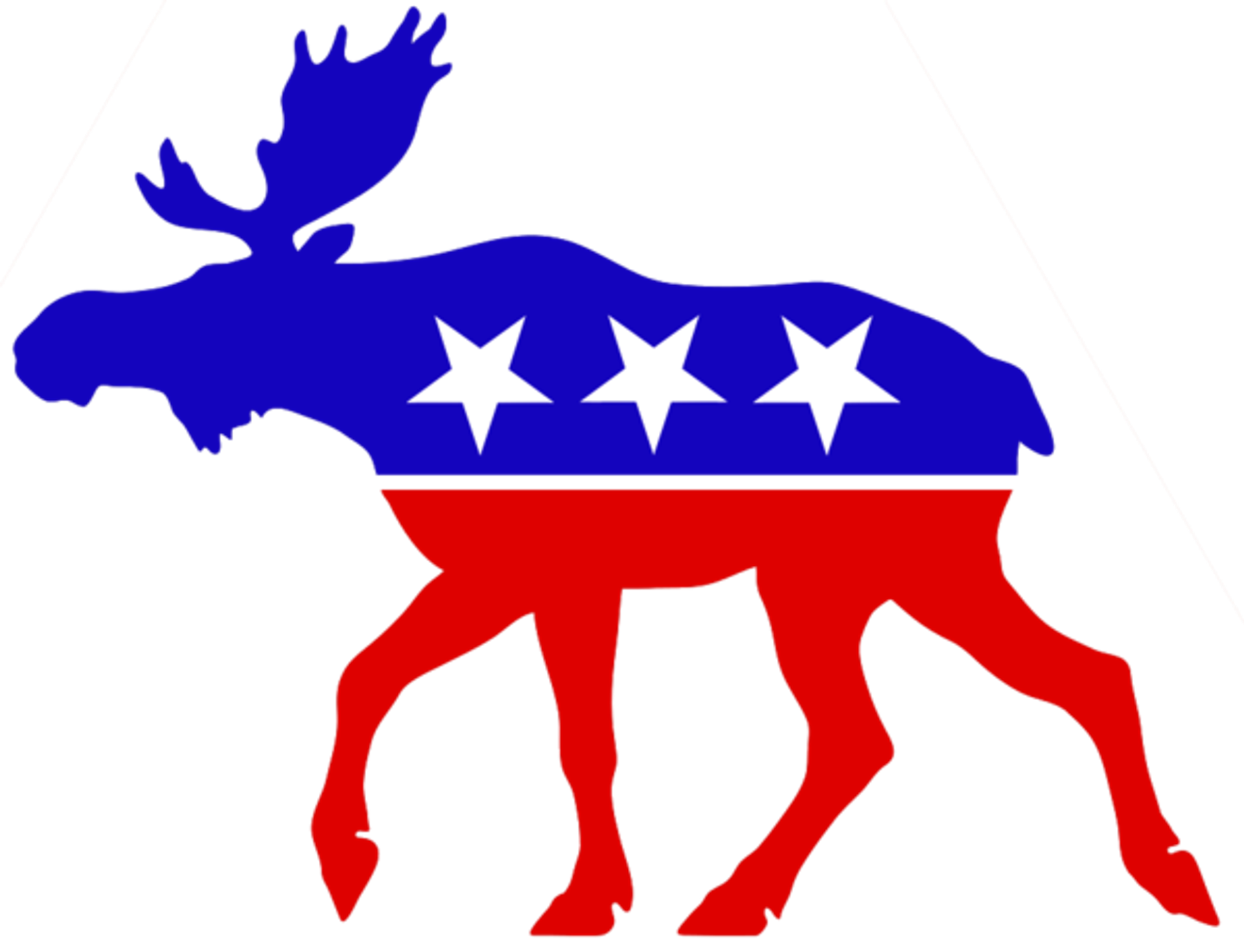
Progressive Party
What do people say about Progressive Party?
The Progressive Party, also known as the Bull Moose Party, is perceived as a failed experiment in American politics, particularly following its decline after the 1912 election. Despite being founded on the principles of reform and progressivism, the party's inability to maintain a lasting legacy or adapt to changing political landscapes has relegated it to obscurity. The discussions surrounding its historical context reveal a party plagued by internal conflicts and a disconnection from the electorate's evolving needs. Most notably, the party's association with Theodore Roosevelt, once a prominent figure, does not shield it from the harsh realities of its decline, as even his initial support for Woodrow Wilson turned sour due to policy disagreements. This narrative paints the Progressive Party as a significant yet ultimately unsuccessful chapter in American political history.
Where are the conversations happening?
The analysis of the sources, particularly 'The John Batchelor Show', indicates a critical examination of the Progressive Party's role in American history. The discussions focus on the party's dramatic rise and fall, emphasizing its internal conflicts and the broader political implications of its actions. The dialogue reveals a consensus on the party's inability to adapt and maintain relevance, with stark contrasts drawn between its ideals and the realities of its failure. Other sources may also touch on the party's historical significance but generally echo this negative perception, emphasizing its decline as a cautionary tale.
What are the topics trending around Progressive Party?
Discussions surrounding the legacy of third parties in American politics, the impact of historical figures like Theodore Roosevelt on contemporary political movements, and the ongoing relevance of progressive reforms in current political discourse.
Why are these topics trending?
These topics are trending as they reflect a growing interest in the role of third parties and historical figures in shaping modern political landscapes, particularly in light of recent electoral cycles that have seen a rise in populist movements and calls for reform.
How is Progressive Party being talked about?
Detailed breakdown of public sentiment and conversations about this political party.
Impact vs Sentiment
See how each entity's high impact percentage relates to their positive sentiment percentage from actual mentions.
